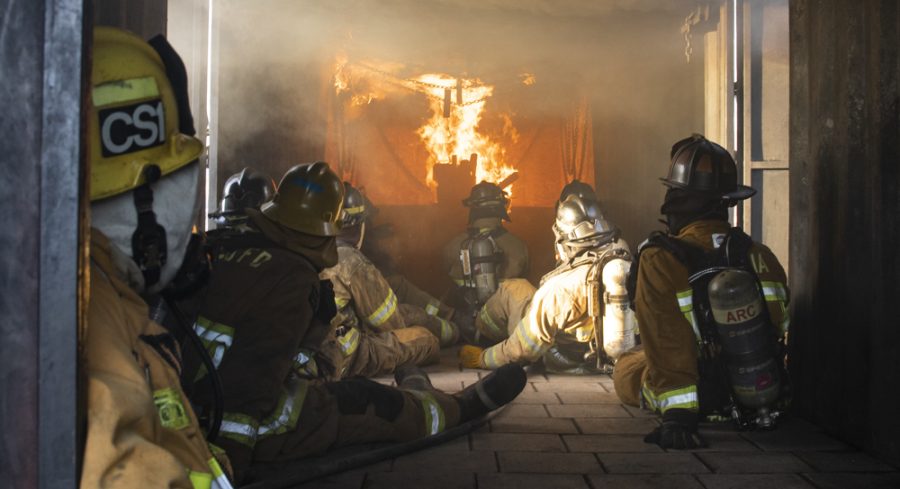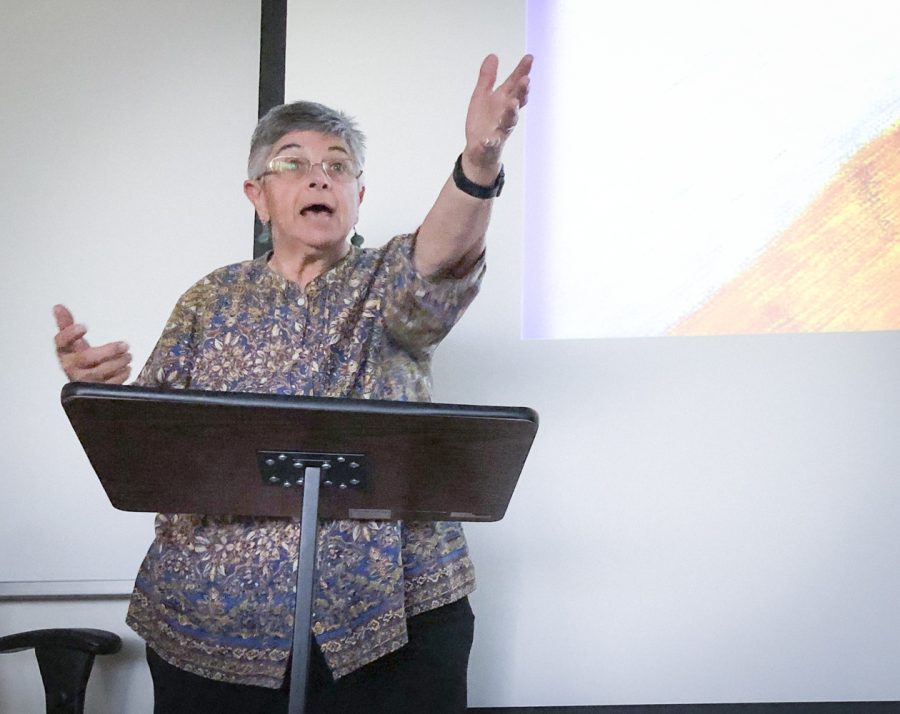|
Amy Chu
Moorpark campus editor
It was less than a decade ago that students at Moorpark College could smoke freely on campus.
However, with California being a forerunner in health and smoking policies, it wasn’t long before students began to see restrictions, and they might face more in the future.
“One thing I think most smokers realize is that numbers of places where it’s okay to smoke have diminished,” said David Weinstein, co-chair of the Wellness Committee and math professor at Moorpark College. “It becomes more and more their responsibility to find acceptable places to smoke.”
The Wellness Committee has proposed a campus-wide ban on smoking, and Moorpark College students stand to face another constraint on their smoking privileges.
In addition to the current campus restrictions, which include no smoking by classrooms or Raider Walk, the proposed ban seeks to further eliminate the designated smoking areas by the parking lots as well.
According to Professor Weinstein, smoking is an issue that comes up frequently in the committee meetings and, most recently, complaints of walking through second-hand smoke from the parking lots to campus were heard, ultimately prompting the proposal.
Although members of the committee have considered the ramifications of the proposal, they decided that the benefits ultimately outweighed the disadvantages.
“I have a lot of students who are trying to quit,” said Sharon Manakas, coordinator of student health services. “They appreciate that [smoking] is not on the inside [of campus] because it helps them towards their goal.”
Manakas also cited a recent resolution adopted by the Student Senate for California Community Colleges in spring 2009, which not only showed student awareness of the smoking issue but also support for working against it.
Stated in the resolution were goals of communicating the dangers of tobacco smoke to local student governments and encouraging campuses to adopt smoke-free policies, among other things.
For now, the proposed smoking ban is in a discovery mode, according to Weinstein, which means that the Wellness Committee is currently informing a number of student groups and faculty on campus about the proposal and looking for feedback before taking any action.
But some already have their doubts.
“We’re really just concerned,” said Samer Naji, a 20-year-old political science major and Director of External Affairs for the Associated Students. “Students that need to smoke are going to smoke anyway.”
Naji and the rest of the Associated Students are working on an alternative proposal to present to the Wellness Committee that would still allow students to smoke in certain designated areas, but perhaps just make those areas smaller, in an effort to accommodate all parties involved.
Although there are a number of steps the proposal must traverse before being passed, there is always a constant goal in mind.
“I think there are many concerns [when it comes to smoking],” said Weinstein. “But certainly the primary concern of the Wellness Committee is wellness, whether it’s the wellness of students who decide to smoke or those who choose not to.”
|






